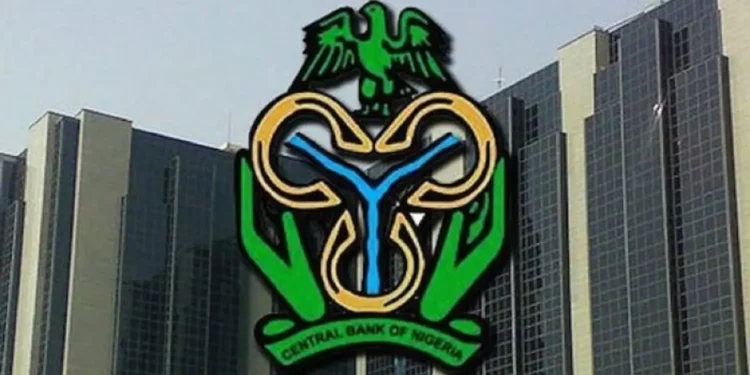Businesses and economic analysts are growing concerned about the recent increase in interest rates by the Central Bank of Nigeria (CBN).
The CBN’s Monetary Policy Committee (MPC) has raised the benchmark Monetary Policy Rate (MPR) by 50 basis points to 27.25 percent from 26.25 percent.
This marks the fifth consecutive hike in 2024, totaling 850 basis points since February. Over the past two years, the MPC has increased interest rates 12 times, as it continues to grapple with Nigeria’s persistent inflation challenges.

The CBN’s ongoing monetary tightening is forcing businesses to deal with higher borrowing costs, which are compounded by the increase in banks’ Cash Reserve Ratio (CRR). This, in turn, reduces the amount of loanable funds available, further limiting banks’ ability to facilitate financial intermediation.
This situation is particularly concerning in an economy where businesses are already struggling with high energy prices, soaring logistics costs, and other operational expenses. The decline in consumer purchasing power has forced some multinational companies to leave the Nigerian market, making the economic environment even more fragile.
Members of the organized private sector argue that businesses require stimulus, not further financial strain, to spur economic recovery and growth. With effective lending rates hovering around 35 percent, additional rate hikes threaten to cripple key sectors such as manufacturing.
Given the severe implications of these interest rate hikes, the Federal Government, CBN, and other financial institutions must reconsider this approach. A balance must be struck to safeguard the Nigerian economy and its citizens from further economic hardship.



